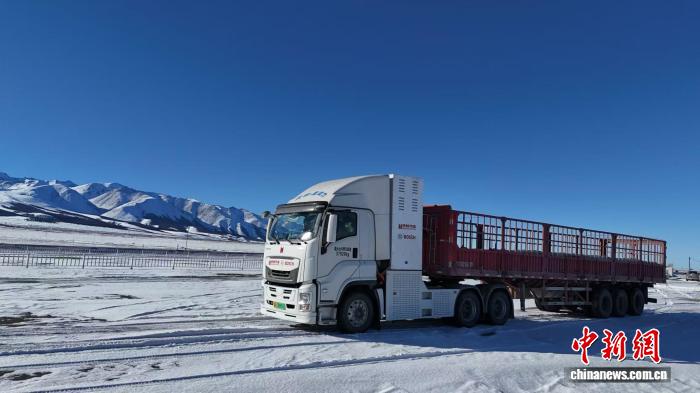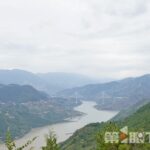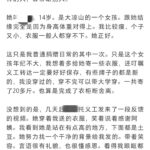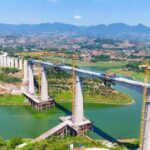On the Chengdu-Chongqing Expressway, hydrogen-powered heavy-duty trucks shuttle back and forth, handling daily cargo transportation tasks. In Hami, Xinjiang, hydrogen fuel cell tractors have been deployed on key routes for “Xinjiang coal transport,” providing reliable support for energy logistics. Hydrogen-powered vehicles from Chongqing are now operating in multiple provinces across China, serving diverse scenarios such as logistics distribution and urban sanitation.
“Within this month, 49-ton heavy-duty trucks equipped with Bosch’s 300 kW hydrogen power modules will begin large-scale operations in the Tianshan region of Xinjiang,” revealed a representative from Bosch Hydrogen Powertrain Systems (Chongqing) Co., Ltd. (referred to as Bosch Hydrogen Powertrain). Recently, the first batch of 49-ton hydrogen fuel cell tractors, customized for Hami and equipped with Bosch’s 190 kW hydrogen power modules, officially rolled off the production line and were delivered to the local coal transport market.
Facing complex operational conditions such as high altitudes, extreme summer heat, and winter cold, the hydrogen power modules act as robust “hearts,” delivering continuous power to the vehicles. Even on steep, high-altitude routes, they maintain stable performance, meeting the demands of “Xinjiang coal transport.”
Bosch Hydrogen Powertrain was jointly established by Germany’s Bosch Group and Qingling Motors Group. It has introduced multiple efficient, reliable, and intelligent fuel cell systems, heavy-duty electric drive axles, and key hydrogen storage components, offering flexible hydrogen powertrain solutions for the commercial vehicle market.
To date, Bosch Hydrogen Powertrain has mass-produced four hydrogen power module products, covering applications for hydrogen fuel cell commercial vehicles ranging from 4.5 to 49 tons in scenarios such as cold-chain logistics, sanitation, and general freight. Vehicles equipped with these modules are already in pilot operation across 18 provinces, including Chongqing, Tianjin, and Jiangsu.
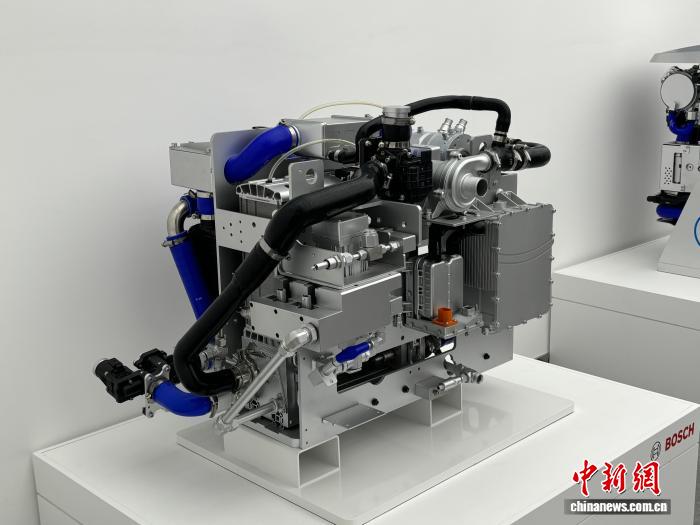
A company representative explained that Chongqing was chosen as a strategic hub due to its significant growth potential as a key city in western China, as well as strong government support for the hydrogen energy industry in terms of policies and R&D.
In recent years, Chongqing’s Jiulongpo District has introduced a series of policies to advance hydrogen energy development, aiming to establish a “Western Hydrogen Valley” integrating a hydrogen technology park, industrial park, and demonstration base.
With early-mover advantages and industrial expertise, Jiulongpo District has demonstrated strong momentum in hydrogen energy. “The district’s hydrogen industry started early, with leading companies like Bosch Hydrogen Powertrain and Guohong Hydrogen. The industrial ecosystem is relatively mature, and efforts to expand application scenarios are robust,” noted an official from the district’s Economic and Information Commission.
Hydrogen-powered vehicles, which emit only water, bring ecological benefits. “These vehicles significantly reduce tailpipe emissions, effectively lowering PM2.5 levels and improving regional air quality,” said an environmental official.
“Hydrogen energy’s high combustion efficiency makes it particularly valuable for heavy-duty trucks and industrial applications,” the official added. As a major industrial hub, Chongqing relies heavily on heavy trucks for logistics. Adopting hydrogen-powered vehicles can help reduce carbon emissions and enhance local environmental conditions.
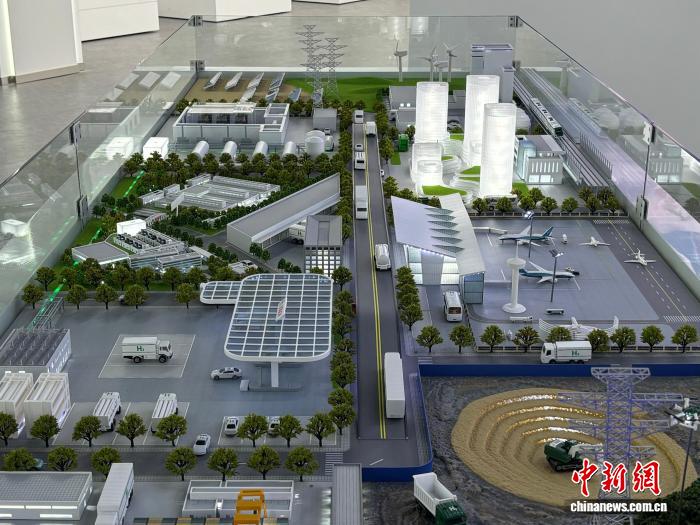
As an emerging industry, hydrogen energy is demonstrating increasingly broad prospects. Its applications continue to expand beyond heavy commercial vehicles, extending to hydrogen-powered bicycles, sightseeing vehicles, and even agricultural drones. Hydrogen energy is unlocking potential across diverse fields, promising limitless possibilities for future development.
Chengdu-Chongqing Expressway
Tianshan region
Bosch Hydrogen Powertrain Systems (Chongqing) Co., Ltd.
Qingling Motors Group
Bosch Group
Jiulongpo District
Western Hydrogen Valley
Guohong Hydrogen
Would you like help refining the search for a specific location or cultural heritage site?

